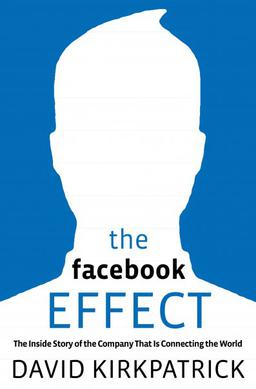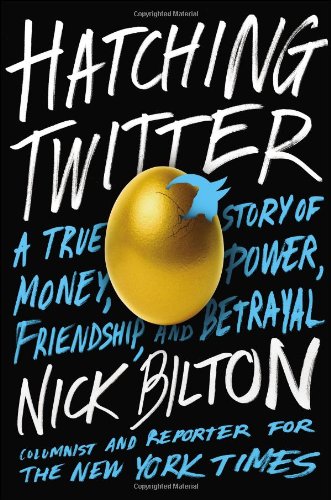Over the past two weeks I have binge-listened to books that tell the story of startups and turnarounds. Using the the Audible app on 3x speed and my Bose Bluetooth earpiece, I have listened to Hatching Twitter by Nick Bilton, The Facebook Effect by David Kirkpatrick, American Icon by Bryce Hoffman (the Ford turnaround), and King of Capital by John Morris and David Carey (story of Blackstone Capital). (See the end of the post for similar books I've read recently.)




Each of the authors are intimately acquainted with the businesses they wrote about due to spending time with the company for many hours over many years. It’s amazing that we can take advantage of such extensive work for such a minimal cost.
I was drawn into these stories so deeply that I listened at every available opportunity. I listen while getting ready in the morning, driving, mountain biking, cleaning out the garage, searching for items on my list in Costco, and relaxing before going to sleep. Obviously, I thoroughly enjoyed these books.
As I listened I thought about why I enjoyed these books so much more than other books I have read recently. I realized it is the power of story-telling. It is much more enjoyable and effective to learn principles from stories rather than lists of principles themselves.
Sometimes we get impatient and try to cut out the fat and get right to the meat. But it’s the fat that gives the meat flavor and substance. Here are 4 reasons why story-telling is so powerful.
1. Enjoyment A good story is enjoyable to listen to. We are more engaged and attentive when we are enjoying ourselves. We’re also more likely to spend time doing things we enjoy. There’s no way I would listen to four dry books in two weeks. I wouldn’t be motivated to listen at every opportunity.
I tend to start many more books than I finish. Even if the content is valuable, I have a hard time continuing if I’m not enjoying the content at the same time. There are so many valuable AND enjoyable books out there, so why would I waste my time?!
2. Motivation Stories are motivating because they take the mystery out of an incredible result. They tell us how characters get from A to B, and in most cases, the characters are just normal people.
Of course, the stories that get published are the sensational ones. If we’re not careful, we can become discouraged and demotivated by our mundane lives and meager accomplishments. Many stories are written about those who start billion-dollar companies, but only a tiny percentage of companies reach this milestone.
The rest of us struggle along with our more normal lives, but we can be motivated by these stories to reach our potential by making the most of our circumstances and opportunities.
3. Learn from others mistakes Even stories with the most sensational results include missteps along the way. We can learn to avoid the same mistakes as we create our own story.
The Twitter team worked together on a failing podcasting company before pivoting to create Twitter. The company was terribly mismanaged all along the way, but they managed to hold it together and build a multi-billion dollar company that has changed the world. The book details the mistakes that could have destroyed the company.
4. Learn what worked in real situations We can learn from mistakes, but perhaps more importantly we can also learn what led to the sensational results.
We need to be careful not to assume that whatever worked in the story will also work in our situation. But if we listen to enough stories, we can build up a bank of experience in our heads that will help us make better decisions in our own lives.
Conclusion
Stories are a powerful way to teach and learn. Of course, reading a story is not a perfect substitute for actually being there. However, being there takes time, opportunity, and luck. For $44 and two weeks while doing things I had to do anyway, I experienced 50 years of building or turning around 4 multi-billion-dollar companies.
Question: What startup or turnaround stories do you recommend?
* Other similar books I have read or listened to over the last few months include:
- Creativity Inc by Ed Catmull (Pixar)
- The Everything Store: Jeff Bezos and the Age of Amazon by Brad Stone,
- In The Plex: How Google Thinks, Works, and Shapes Our Lives by Steven Levy
- eBoys: The First Inside Account of Venture Capitalists at Work by Randall Stross
- The Snowball: Warren Buffett and the Business of Life by Alice Schroeder
